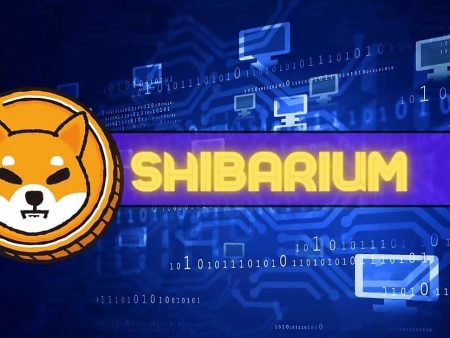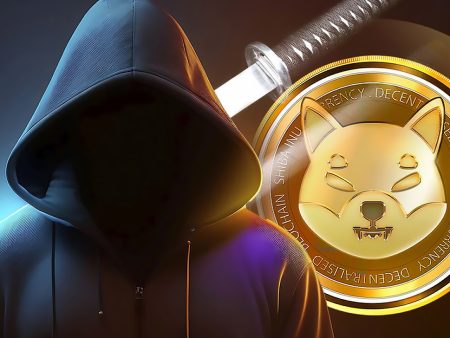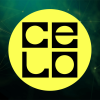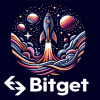DeFi is the center of attention in the cryptocurrency community. With the potential to revolutionize the financial industry, DeFi attracts the participation of millions of users around the world. However, not everyone understands DeFi and how it works.
In particular, choosing a reputable DeFi exchange is extremely important to ensure the safety of your assets. Let’s take a look at the top 5 most trusted DeFi exchanges today with AZCoin.
What is DeFi?
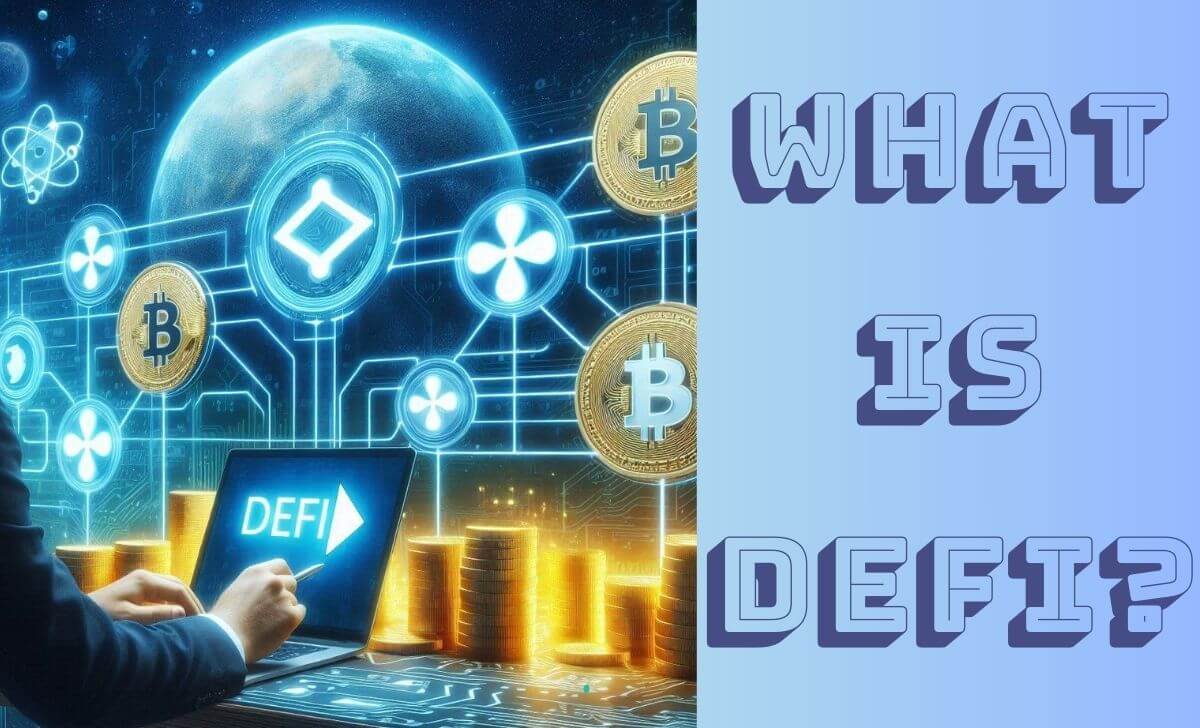
DeFi (Decentralized Finance) is a decentralized financial system where financial services such as borrowing, lending, trading, payments and staking operate through smart contracts on the blockchain platform. This allows the removal of traditional intermediaries such as banks and exchanges, giving maximum freedom and control to users.
How does Defi exchange work?
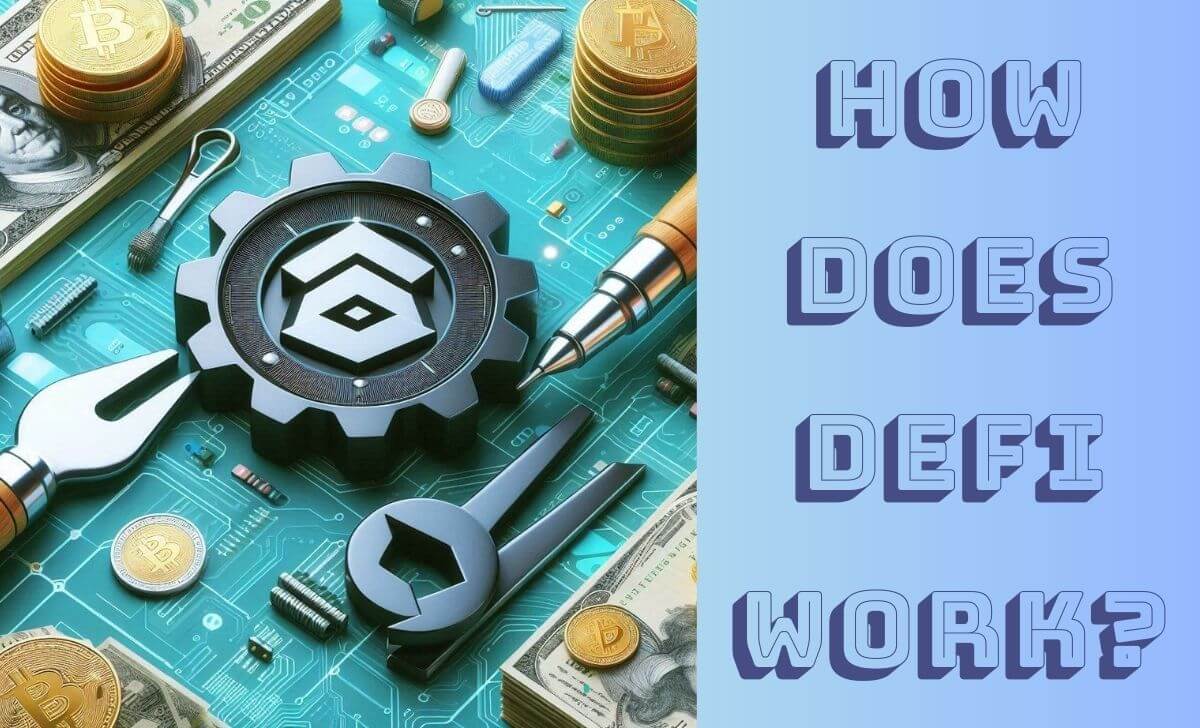
DeFi Exchange doesn’t require an intermediary to execute transactions. Instead, it uses smart contracts to automate the trading and asset management process. Users can buy, sell and swap crypto assets directly from their wallets without registering or verifying their identity.
DeFi Exchange allows transactions to take place on a peer-to-peer basis, minimizing the risks associated with storing assets on a centralized platform and enhancing security.
In addition, liquidity providers can contribute capital to liquidity pools and receive rewards from transaction fees, creating an open and transparent financial ecosystem.
Nature of DeFi
DeFi operates on a blockchain platform, where smart contracts execute transactions and manage assets without the need for third-party intervention. This creates several important benefits:
- Decentralized: Transactions and services in DeFi are executed via smart contracts on the blockchain, eliminating the need for intermediaries such as banks or exchanges.
- Distributed: Transaction data is stored on multiple global nodes, ensuring accuracy and security.
- Transparency: All transactions and smart contract source code are public, allowing anyone to check and verify, which is crucial during events like a public sale.
- Open & Permissionless: Users can participate in DeFi services without having to provide personal information or be licensed.
- Anonymity: Users only need to share their wallet address and don’t need to verify their identity, protecting privacy.
- Self-custody: Users have full control over their assets through private keys.
Key components of DeFi
DeFi is made up of various components, each of which plays an important role in the ecosystem:
- Stablecoins: Cryptocurrencies pegged to stable assets such as fiat currencies or commodities to reduce price volatility.
- Lending & Borrowing: Platforms that allow users to borrow or lend cryptocurrencies, attracting liquidity to the DeFi market.
- DEX: Decentralized exchanges that enable cryptocurrency trading without intermediaries.
- Wallets: Digital wallets used to store, transfer and track cryptocurrencies and NFTs.
- Derivatives: Financial contracts based on the future value of the underlying asset.
- Launchpad: Platform that supports projects issuing new tokens.
- Bridge: Bridge between blockchains to transfer assets and data.
- Liquid Staking: Protocol that allows staking coins/tokens and receiving Liquid Staking Token.
- Identity: Projects that help authenticate and store identity data for users.
- Insurance: Insurance services for crypto assets.
- DAO: Decentralized autonomous organization that operates independently without human intervention.
Limitations when using Decentralized Finance
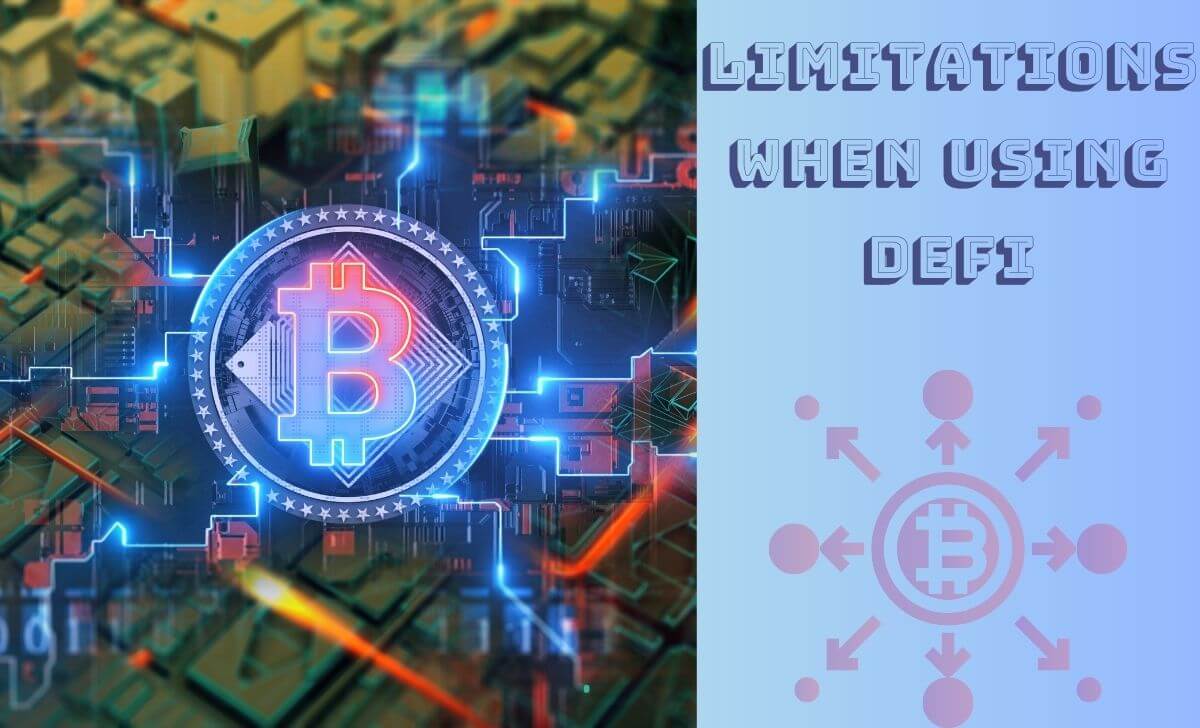
While Decentralized Finance offers a lot of potential and benefits, it also comes with some significant limitations that investors should be aware of:
- Complexity: DeFi interfaces and processes can be complex for newcomers, requiring technical and financial knowledge.
- Lack of customer support: There is no intermediary organization, so when users encounter problems, it’s difficult to find timely support.
- Security risks: Decentralized Finance platforms can be hacked, leading to loss of assets.
- Price volatility: The value of DeFi tokens can fluctuate greatly, causing financial risks.
- Legal uncertainty: Decentralized Finance operates in an unclear legal environment, which can encounter legal issues.
Comparing DeFi to CeFi
CeFi (Centralized Finance) involves traditional financial institutions like banks that manage and control financial activities. In contrast, DeFi (Decentralized Finance) uses blockchain technology to eliminate intermediaries.
In CeFi, assets are traditional currencies and transactions are managed by institutions. DeFi utilizes digital tokens and enables services like decentralized crowdfunding, allowing direct community funding without intermediaries. This decentralized approach offers more transparency and control over financial transactions compared to the centralized model of CeFi.
Top 5 reputable DEFI exchanges today
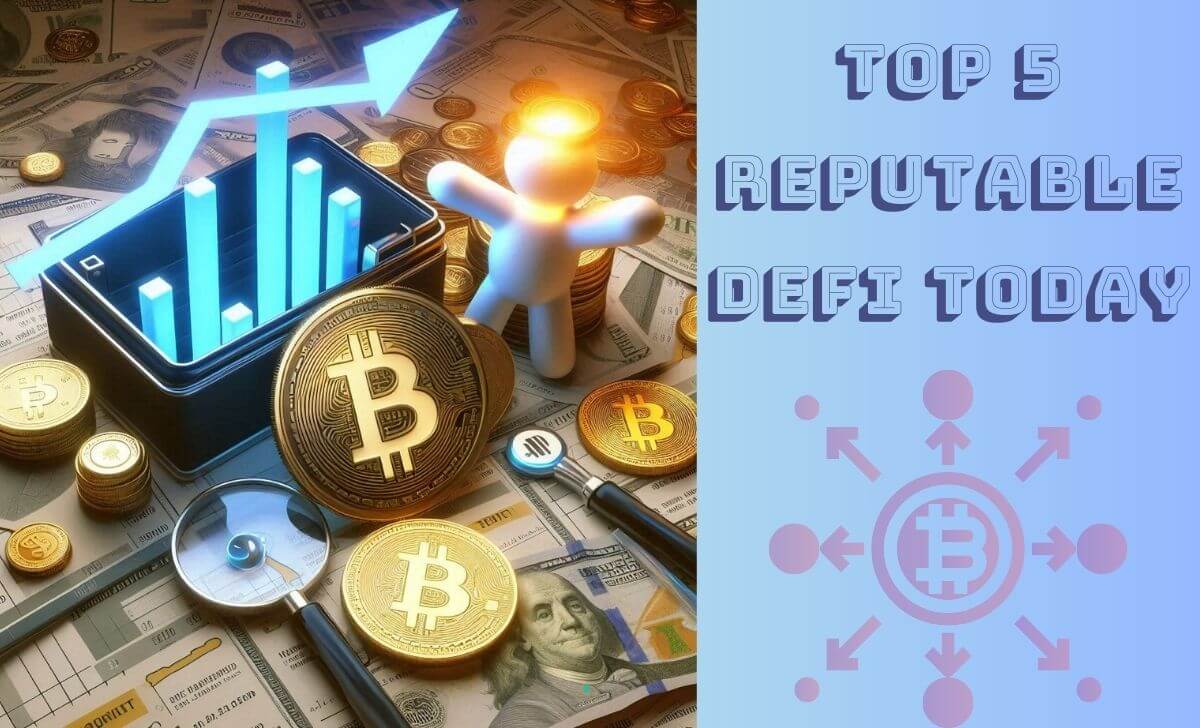
Below is information about 5 reputable DeFi exchanges today:
Uniswap
Uniswap is one of the largest and most popular decentralized exchanges on the Ethereum platform. With an average daily trading volume of $700 million and supporting over 1,300 trading pairs, Uniswap provides a secure and transparent trading environment.
It uses an automated market maker (AMM) mechanism to provide liquidity and allows users to earn profits from providing liquidity.
SushiSwap
SushiSwap is a fork of Uniswap, but with some improvements and additional features. Launched in 2020, SushiSwap currently has a TVL of around $2 billion. The exchange is notable for its rewards and incentives programs for users, including staking and yield farming. SushiSwap also has an expanding ecosystem that includes services like lending, borrowing and an NFT exchange.
Curve Finance
Curve Finance specializes in providing stablecoin and Decentralized Finance token liquidity pairs. Since its launch in 2020, Curve Finance has achieved approximately $4 billion in TVL. Curve stands out for its liquidity optimization mechanism for stablecoin transactions, helping to minimize slippage and transaction fees. It’s one of the preferred platforms for stablecoin transactions and providing liquidity for DeFi tokens.
PancakeSwap
PancakeSwap is a prominent decentralized exchange on Binance Smart Chain (BSC). Launched in 2020, PancakeSwap has reached a TVL of approximately $3 billion. It offers BEP-20 token trading and has features similar to Uniswap, including staking, yield farming and lottery. PancakeSwap also stands out for its low transaction fees and fast transaction speeds, thanks to the BSC platform.
For many investors, PancakeSwap is one of the top exchanges in AZcoin – best crypto exchange 2024.
Balancer
Balancer offers a flexible AMM mechanism that allows users to create liquidity pools with different tokens and ratios. Launched in 2020, Balancer currently has a TVL of approximately $1.5 billion. Balancer stands out for its ability to support diverse liquidity pools, from equal token pools to custom ratio pools, providing a wide range of options for investors and users.
Conclusion
These DeFi exchanges all have their own characteristics and advantages, helping users to make transactions and investments effectively. The above article by AZcoin hopes to help you better understand the reputable Decentralized Finance exchanges today, supporting you in making smarter and safer investment decisions.

I’m Jessi Lee, currently living in Singapore. I am currently working as a trader for AZCoin company, with 5 years of experience in the cryptocurrency market, I hope to bring you useful information and knowledge about virtual currency investment.
Email: [email protected]

